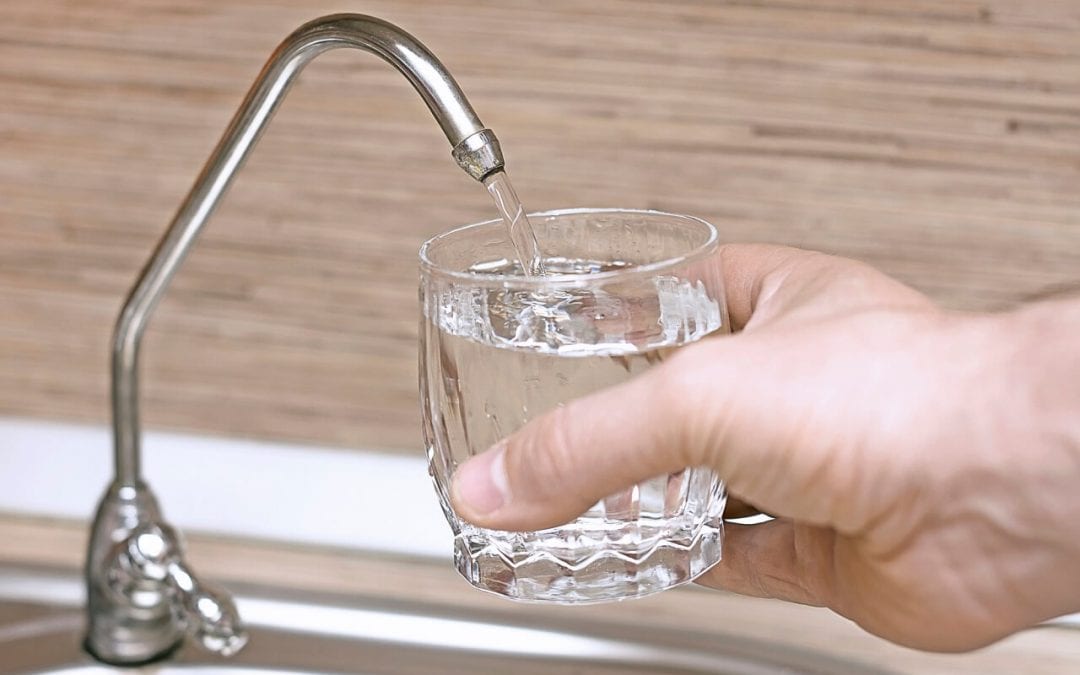Improve Indoor Air Quality
An easy way to keep your home safe and healthy is by taking steps to improve indoor air quality. Regular dusting and vacuuming help to remove irritants like pollen, mold, dust, and pet dander.
Another way to improve air quality is by changing the HVAC filters as recommended. These filters trap pollutants so they won’t be circulated through your home. Install air purification devices in frequently-visited rooms and in the bedrooms of family members who suffer from asthma or allergies.
Install a Water Filter
Clean drinking water is important to a healthy home. Install a water purifier to remove pollutants like heavy metals, chlorine, sediment, and fluoride from your water. Order a water-quality test to determine the contaminants in your tap water. The information in the report will help you choose the best water filtration system for your home.
Shop around for the right purifier for your water. You’ll find pitcher filters that can be stored in the refrigerator that are inexpensive and great for improving the smell and taste of the water. You might choose a countertop reverse osmosis or UV filter. Some systems contain both. They trap impurities via reverse osmosis and treat the water with UV lights to kill bacteria and some viruses.
If you want filtered water for laundry, dishwashing, and showering, install a whole-house filter. These filters are more expensive and need to be professionally installed, but they provide easy access to clean water throughout your entire home.
Monitor Humidity Levels to Maintain a Safe and Healthy Home
Humidity – the amount of moisture in the air – affects your comfort level and health. High humidity can cause mold growth, and in extreme cases, may cause the warping of floors and door frames, eventually leading to structural damage. Low humidity might cause itchy skin and dry eyes. In your home, consistently dry air can cause furniture and paint to crack and chip.
Purchase a moisture meter, called a hygrometer, at your local home improvement store to monitor the humidity in your home. Use a dehumidifier to help lower the humidity and prevent mold growth and moisture damage. If necessary, run a humidifier to add moisture to the indoor environment.
Griffin Home Inspection offers inspection services to buyers and sellers in Sumter County, SC, and the surrounding areas. Contact us to schedule an appointment.

